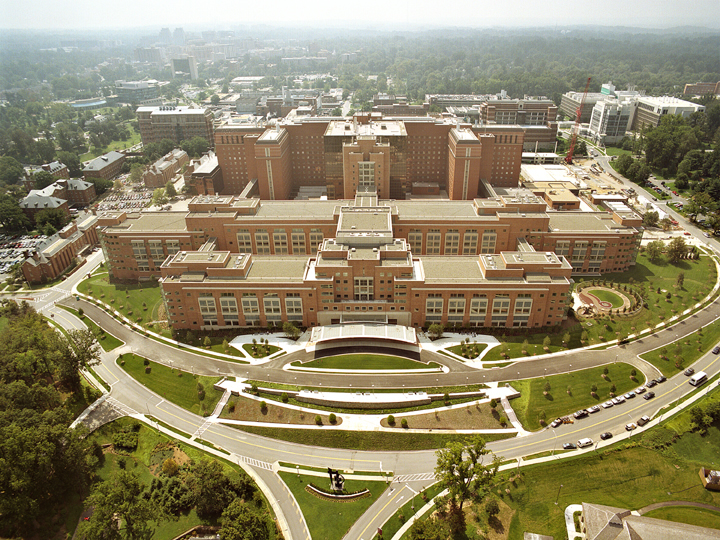Trump’s budget cuts will be disastrous for healthcare and patients, say cell therapy leaders

Following President Trump’s announcement of massive cuts to the National Institutes of Health funding last week, science leaders in the US and beyond have warned of dire long term consequences for research and patients.
Funding for the NIH would be cut by 18% to $25.9 billion, making it one of the federal research agencies hardest hit by the proposed budget, which plans instead to divert money towards increased defence spending.
The White House also wants to see a reorganisation of the NIH’s 27 institutes, including the closure of the Fogarty International Center, which plays a pivotal role in global health initiatives, including HIV initiatives.
Many organisations were quick to voice their opposition – including the American Society of Clinical Oncology (ASCO), as the NIH plays a central role in progressing basic scientific knowledge, which helps support the discovery of new cancer treatments.
Now the the International Society of Cellular Therapy (ISCT), representing an exciting cutting edge field of medical science, has also spoken out. In a statement issued today, the organisaiton says the massive and unprecedented budget cuts to US governmental scientific agencies including the NIH and NSF (National Science Foundation) proposed by Trump would be a huge step backwards for science.
It said: “If implemented, [the proposals] will have wide ranging and potentially life threatening ramifications to science, clinical care and patients in the US and internationally.”
The ISCT President, Dr. Catherine Bollard, says the ISCT global leadership, representing all stakeholders involved in cell therapy around the world, believes many of the cuts proposed for the NIH by the Trump administration will “directly and dangerously” affect the entire international cell therapy, medical and scientific communities.
One NIH division which could suffer is its Center for Regenerative Medicine, which was set up in 2010 to support stem cell science and accelerate new medical applications and cell-based therapies.
Dr. Bollard highlighted the example of the proposed elimination of the Fogarty International Center for Advanced Study in the Health Sciences, the NIH programme promoting and funding medical research and training outside the US.
Since the late 1960s, the Center has been a leader in uniting international medical and scientific communities to address global health issues such as HIV/AIDS and Ebola.
Dr. Bollard believes this is just one example of how the proposed cuts will significantly impact the international scientific community and further erode standards of safety and efficacy in the delivery of treatments to patients globally.
The ISCT says it “does not commonly comment on the government budgets of individual countries,” but felt forced to speak out in this case because of the potential widespread global impact of these propositions, and vigorously opposes cuts to the US scientific agencies.
In the pharma industry, Sanofi's R&D head Elias Zerhouni also criticised the move, warning it could be a 'catastrophic event.' Zerhouni served as director of the NIH between 2002 and 2008, and says the cut will have far-reaching consequences.
Republican opposition in Congress
Groups such as the ISCT are speaking up with the hope that Republicans in Congress will block Trump’s budget proposals.
There seems to be grounds for optimism in this respect, as the party has backed significant increases in funding in recent years. Two years ago, Republicans helped secure the largest budget increase for NIH in more than a decade, adding $2 billion to its funding and enabled the NIH to give out more than a thousand more grants nationwide.
Most recently, Republicans and Democrats came together to lawmakers pass the bipartisan 21st Century Cures Act in November, which included a new tranche of funding for the NIH.











